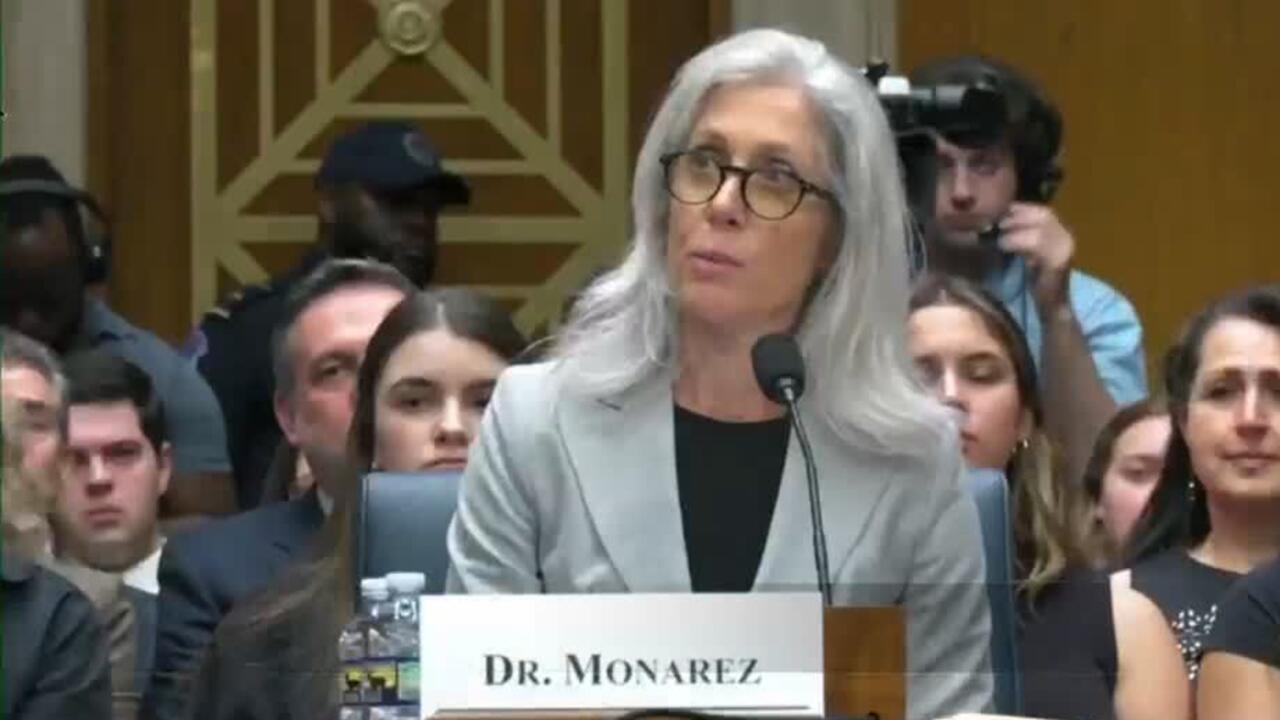On August 22, the UN declared a famine in Gaza City and its surrounding area, warning that 500,000 people are facing "catastrophic" hunger. UN Emergency Relief Coordinator Tom Fletcher said it was “a famine that will and must haunt us all”.
The determination, based on the latest Integrated Food Security Phase Classification (IPC) report, is a first for the Middle East since the IPC was created in 2004. The UN-backed global hunger monitor says famine conditions are expected to spread from the Gaza governorate to Deir al-Balah and Khan Younis governorates in the coming weeks.
‘It’s a damning confirmation, not breaking news’
Fletcher said the famine “could have been prevented” without Israel’s “systematic obstruction” of humanitarian aid deliveries.
The crisis is a daily reality for local aid organisations on the ground in Gaza. Our team spoke to some of these groups, who lament what they consider a belated official recognition.
“For us on the ground, it’s a damning confirmation, not breaking news,” said Imad Almadhoun, who works for the Gaza City-based NGO Drops of Mercy.
Founded in July 2025, the organisation delivers food to displaced people in camps, particularly those with disabilities. “The delay cost lives. Without the formal famine label, there was less pressure for ceasefires, aid access, and accountability,” Imad Almadhoun told our team.
The sentiment is echoed by the Gaza Soup Kitchen organisation, which was founded at the beginning of the war and now maintains ten distribution points across the enclave. “Such announcements are important to raise global awareness, but on the ground, the suffering has been catastrophic for many long months,” said Mai Almadhoun, who works for the organisation.
To display this content from Facebook, you must enable advertisement tracking and audience measurement.
‘Even if food is available, people simply cannot afford it’
Every day, the Gazan organisation distributes food to displaced people and provides drinking water to address the critical humanitarian situation.
Khalid Qadas, a photographer and spokesperson for Gaza Soup Kitchen, says the situation “is not just a humanitarian crisis” but “a daily tragedy”:
“Getting food has become a daily struggle. Prices are unbelievably high, and most people have lost their jobs and sources of income. Even if food is available, they simply cannot afford it. Sometimes, I personally cannot cook at home because of the lack of fuel or even the simplest tools.
And what little food we do get is never enough for the body’s needs. People eat simply to stay alive, not to live healthily. Children do not get milk or proper nutrition, and patients cannot access the food they need for their medical conditions.”
Our team contacted Hani Almadhoun, the US-based co-founder of Gaza Soup Kitchen, who said the organisation relies mostly on individual donations. It requires an average of €15,000 a day to distribute food, which is sourced mainly from local markets in Gaza, as well as from humanitarian aid and a handful of farms still in operation.
Mai Almadhoun said these supplies are frequently purchased at high prices to help curb the daily hardships many families are facing:
“Every day, we meet mothers who come to us after days of not tasting food themselves, just to keep the little they have for their children. And we see children running with immense joy simply because they have received a hot meal. These small moments are what give us the strength to continue, despite the enormous challenges.”
‘Aid has often not reached the people who need it most’
These deprivations are essentially linked to the critically low flow of food reaching the population, due to blockades imposed by the Israeli army. Israel had blocked entirely aid from entering Gaza in early March, only to allow a trickle of deliveries in mid-May. This has caused critical shortages of food, medicine, and fuel.

Since the start of the war, the UN has repeatedly stated that at least 500 to 600 trucks of food, medicine, and hygiene products are needed every day to meet the needs of the Gazan population. This figure has never been reached in recent months, even as Israel has allowed more humanitarian aid into the enclave since late July.
For its part, Israel, which controls all access to Gaza, accuses Hamas of looting aid and claims that humanitarian organisations, including the UN, are not doing enough to distribute food. These groups refute the claim, stating that Israel has imposed excessive and dangerous restrictions on aid distribution during the war.
Getting aid to the most vulnerable people is also difficult, Imad Almadhoun from Drops of Mercy told our team:
“Even when limited aid has entered Gaza, it has often not reached the people who need it most. Desperate crowds gather around the few trucks that manage to come in, and with no safe distribution system, the aid is frequently looted before it reaches families in shelters or camps. For the elderly, disabled, or mothers with children, it is impossible to push through these dangerous scenes.”
‘Many who go to aid distributions simply never return home’
The Drops of Mercy organisation gets most of its food from local markets, "even though prices there are extreme". For them, it is also impossible to rely on humanitarian aid provided by the Gaza Humanitarian Foundation (GHF), an organisation run by the United States and Israel.
For months, local aid groups have criticised the GHF, accusing it of "militarising" humanitarian assistance. Since late May, nearly 900 people have been killed while trying to get food near these centers located in military zones.
Imad Almadhoun said:
“The GHF distribution centers have become death traps. People are shot almost daily, either while lining up at these centers or rushing toward the aid trucks. Many who go simply never return home.”

‘The idea of displacement terrifies me’
Adding to the famine crisis in the Gaza governorate, the Israeli army announced on August 21 a new, major military operation. The offensive's goal is to seize control of the city and force residents to evacuate – a prospect that terrifies Qadas:
“The idea of displacement terrifies me, as well as thousands of families here. Displacement means another tent, more suffering, more diseases, and repeated humiliation.
We have already gone through displacement once, when we moved to the south, and there we lost our dignity, lived in torn tents, and diseases spread among children and women. Facing that scenario again would be extremely hard, both physically and psychologically.”
“Of course, we are afraid,” Almadhoun also told our team. “But fear has been our companion since the first week of the war. Yet despite all of this, our Drops of Mercy team continues working. We will keep serving our people until the very last moment – because this is our community, and we cannot abandon it.”












 English (US) ·
English (US) ·